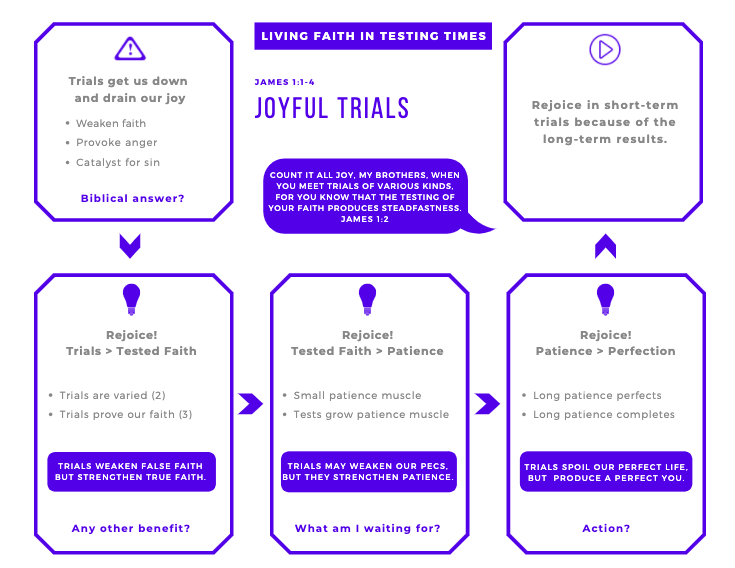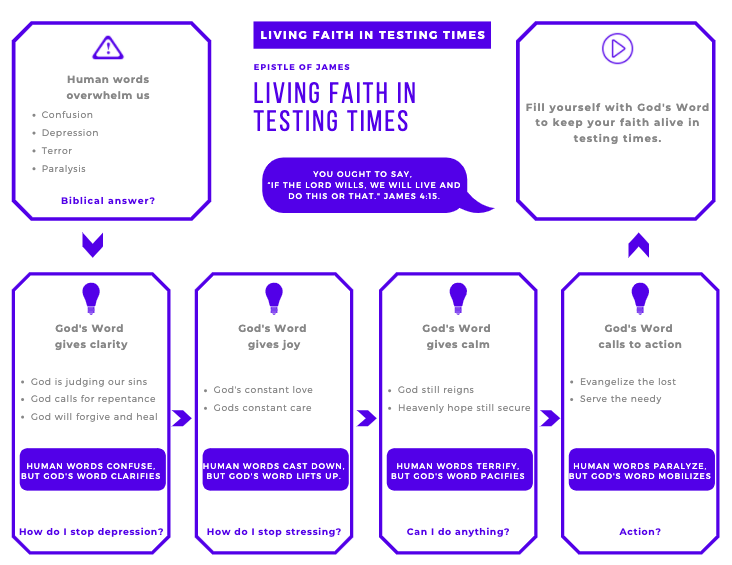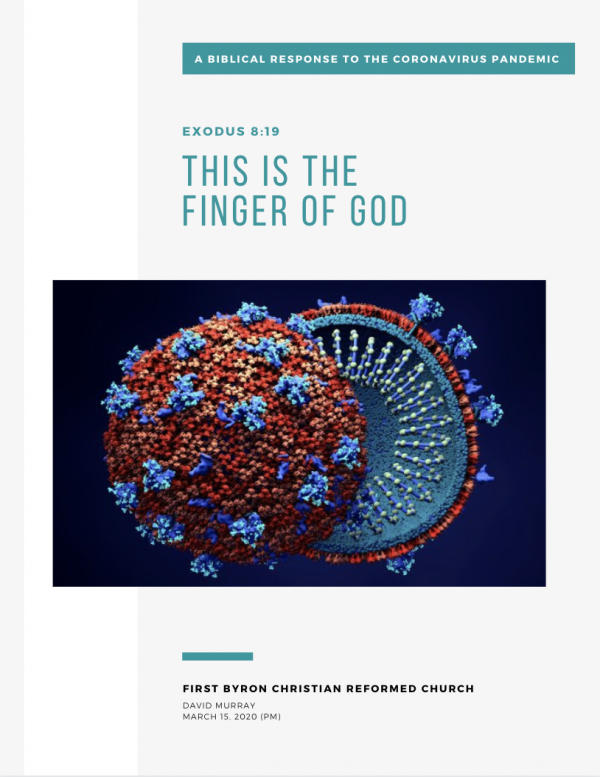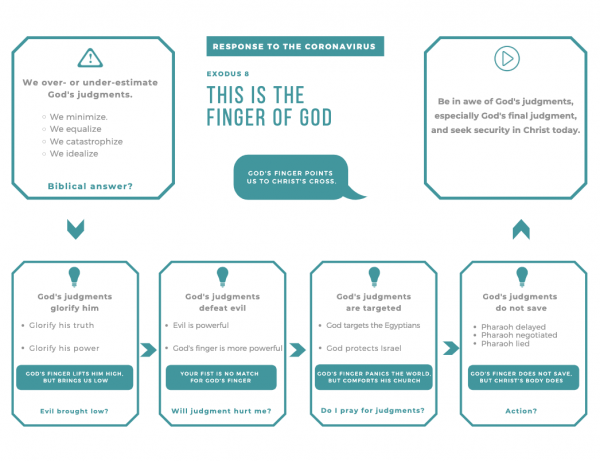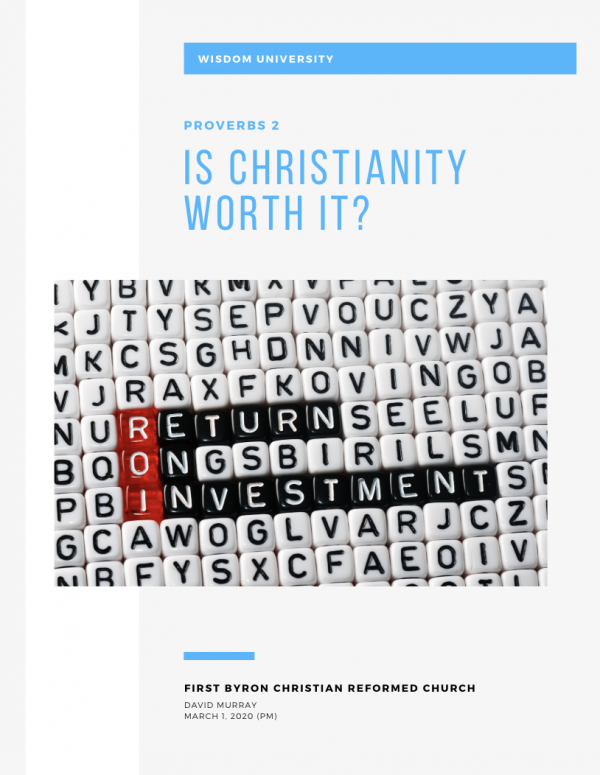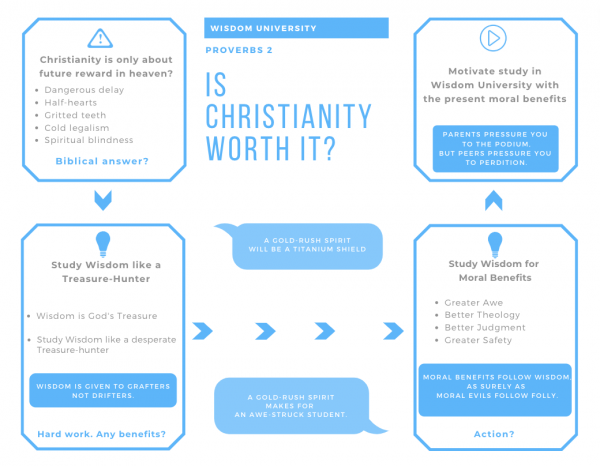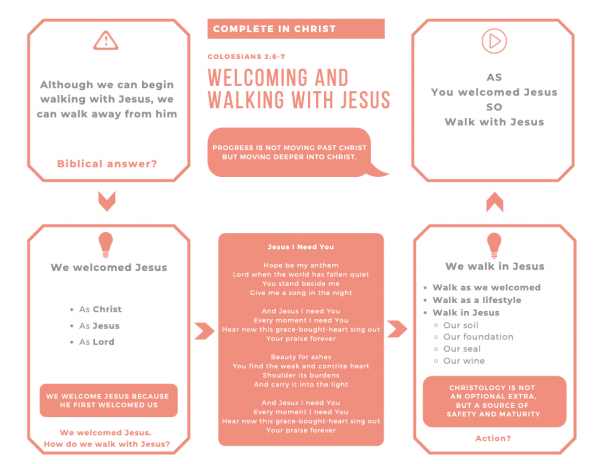Trials get us down and drain our joy.
- Trials can weaken our faith: Go on so hard and long that we wonder where/who God is.
- Trials can provoke anger: We run out of patience with God, self, and others
- Trials can be a catalyst for sin: A weakened mind, body, or heart can weaken our will
Trials can get us down and drain our joy. But it needn’t be this way. There is a way of using trials to increase our faith and holiness, and therefore increase our joy.
In James 1:1-4, the Apostle shows us how to view our trials in a way that will produce joy. Here are three new perspectives on trials to help you rejoice in trials.
1. REJOICE BECAUSE VARIED TRIALS RESULT IN A TESTED FAITH
- Trials are varied: “Trials of various kinds” (2b). They come in a vast variety of shapes and sizes but they all have one purpose….
- Trials test and prove our faith: “for you know that the testing of your faith” (3a). A tested faith is better than an untested faith. It it’s tested and fails, I find out it’s faulty faith and I need to put that right. If it’s tested and passes, I can be encouraged by that.
- Therefore rejoice! Because varied trials result in a tested faith (2a).
Summary: Trials can weaken false faith, but they also strengthen true faith.
Question: It’s encouraging to know that trials are proving my faith to myself, to others, and to God. Is there any other benefit of these trials?
2. REJOICE BECAUSE TESTED FAITH RESULTS IN PATIENT ENDURANCE
- A tested faith produces patience: “You know that the testing of your faith produces steadfastness” (3b). Very few of us have a strong patience muscle. Only way to develop it is through trial. Trial is spiritual weight-training that grows the patience muscle in a way nothing else does.
- Therefore rejoice! A rare and beautiful muscle is growing (2a).
Summary: Trials may weaken our pecs, but they strengthen patience.
Question: It’s encouraging that patience is growing through this. But patience implies waiting for something. What am I waiting for?
3. REJOICE BECAUSE PATIENT ENDURANCE RESULTS IN COMPLETE PERFECTION.
- Long patience perfects: “Let steadfastness have its full effect, that you may be perfect” (4a).
- Long patience completes: “That you may be perfect and complete, lacking in nothing” (4b). Notice the order here. From various trials to tested faith; from tested faith to patient endurance, from patient endurance to complete perfection.
- Therefore rejoice! You’re waiting for complete perfection. Is that not worth the testing and the waiting. Is all this not a reason for joy?
Summary: Trials may spoil your perfect life, but they produce a more perfect you.
LIVING THE BIBLE
Rejoice in short-term trials because of the long-term results
PRAYING THE BIBLE
Father, we confess that trials can get us down and drain our joy.
We praise you because these varied trials result in a tested faith, tested faith results in patient endurance, and patient endurance results in complete perfection.
Help us to share your view of our trials and therefore to rejoice in short-term trials because of the long-term results
We praise you for Jesus Christ who suffered the greatest trials, experienced the greatest tests, and endured with extraordinary patience, yet maintained your perfection in order to make us perfect. Amen.
Download Infographic here. Index to Living Faith in Testing Times series.
